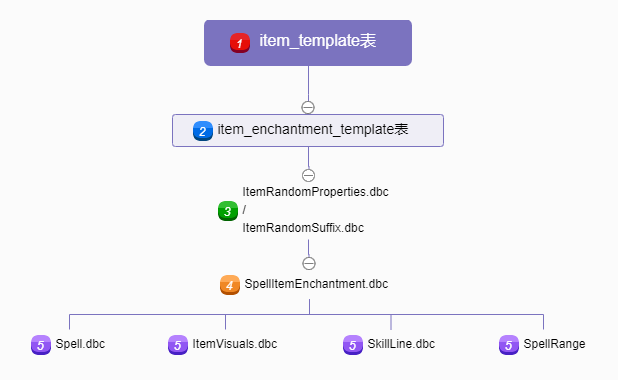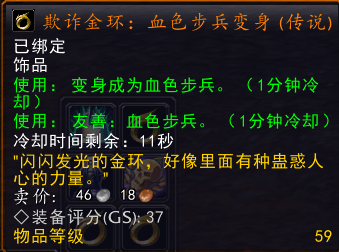The Science Behind Why We’re Hooked on Games Like Dragon Hopper
Addictive Design: The Key to Success
Games like Dragon Hopper have become incredibly popular in recent years, with many players spending hours upon hours trying their luck at winning big. But what is it about these games that keeps us coming back for more? Is it the thrill of https://dragonhopper.top/ potentially hitting a jackpot, or something deeper?
The answer lies in the design of these games themselves. Developers have cleverly crafted them to exploit our psychological vulnerabilities, using techniques such as variable rewards, social proof, and emotional manipulation to create an experience that is both entertaining and addictive.
Variable Rewards: The Dopamine Loop
One key element of game design is the use of variable rewards – essentially, unpredictable payouts that keep us engaged. In games like Dragon Hopper, this takes the form of a spinning wheel or a random multiplier applied to our winnings. We never know exactly when or how much we’ll win, which creates a constant sense of anticipation and tension.
This strategy leverages our brain’s reward system, releasing dopamine in anticipation of a potential payout. Dopamine is often referred to as the "pleasure molecule," but it also plays a key role in motivation and learning. By creating an environment where rewards are unpredictable, game designers can create a psychological loop that keeps us coming back for more.
Research has shown that variable rewards activate the brain’s reward system even when we don’t actually receive a payout. This is known as the "probability effect," where our brains become conditioned to expect a reward even if it never comes. As a result, we become hooked on the game, eager to continue playing in hopes of eventually winning.
Social Proof: The Power of Crowd Psychology
Another key element of game design is social proof – essentially, the idea that other people’s behavior can influence our own. In games like Dragon Hopper, this takes the form of leaderboards and social sharing features that showcase the achievements of others.
By making it easy to share our progress on social media or compare ourselves to others in the game, developers create a sense of competition and community. This can be incredibly motivating, as we try to keep up with or surpass our friends’ scores. But it also has a darker side – by making us feel like we’re missing out if we don’t participate, games like Dragon Hopper can create feelings of FOMO (fear of missing out) and anxiety.
Social proof is a powerful psychological tool that can be used to manipulate behavior in all sorts of contexts. By tapping into our desire for social connection and recognition, game designers can keep us engaged even when the gameplay itself becomes repetitive or monotonous.
Emotional Manipulation: Creating an Emotional Hook
Games like Dragon Hopper are designed not just to entertain, but also to create a deep emotional investment in players. This is achieved through a variety of techniques, including storytelling, sound design, and visuals that evoke strong emotions such as excitement, anticipation, or even fear.
One particularly effective technique used by game developers is the "narrative arc." By creating a story or sequence of events that unfolds over time, games can build emotional tension and keep players invested in the outcome. This can be especially effective when combined with other psychological techniques, such as variable rewards or social proof.
For example, in Dragon Hopper, players are presented with a colorful and vibrant world filled with anthropomorphic animals, each with their own unique personalities and quirks. The game’s narrative arc is designed to build emotional investment by making us feel like we’re part of this fantastical world, and that our decisions have real consequences.
The Role of Psychology in Game Design
So what can we learn from the science behind games like Dragon Hopper? Firstly, it’s clear that psychological techniques are a crucial aspect of game design. By leveraging our brain’s reward system, exploiting social proof, and creating an emotional hook, developers can create experiences that are both engaging and addictive.
But why is this so effective? Partly because of the way these games tap into fundamental human desires – for excitement, connection, and recognition. In a world where many people feel disconnected from others or lack a sense of purpose, games like Dragon Hopper offer a convenient escape from reality.
However, there’s also a darker side to this phenomenon. Many players become so deeply invested in these games that they start to neglect other areas of their lives – relationships, work, or even basic self-care. This can have serious consequences for our mental and physical health, not to mention our social connections and overall well-being.
Breaking the Cycle: What Can We Do?
So what can we do if we find ourselves hooked on a game like Dragon Hopper? Firstly, it’s essential to recognize the warning signs – are you spending more time playing than intended, or feeling anxious when you’re unable to play?
If so, try taking a step back and assessing your motivations for playing. Are you seeking excitement, social connection, or something else? Once you understand what drives your behavior, you can take steps to address it.
This might involve setting limits on how much time you spend playing, finding healthier alternatives to satisfy your cravings (such as exercise or creative pursuits), or simply acknowledging that it’s okay to quit when things get too intense.
Conclusion
Games like Dragon Hopper are more than just entertainment – they’re psychological tools designed to manipulate and exploit our deepest desires. By understanding the science behind these games, we can break free from their grasp and take control of our lives.
So next time you find yourself getting sucked into a game like Dragon Hopper, remember that it’s not just about winning or losing – it’s about the psychological mechanisms at play. And by being aware of these forces, we can create healthier relationships with technology and prioritize what truly matters in life.

 GSWXY
GSWXY












最新评论
学习一下
学习一下,谢谢大佬
多学习一下,学习一下经验
学习一下
大佬 ,可以整个带机器人的docker版吗
6666666666666
感谢大佬捧场,到时候回来带我飞。
学习一下哈